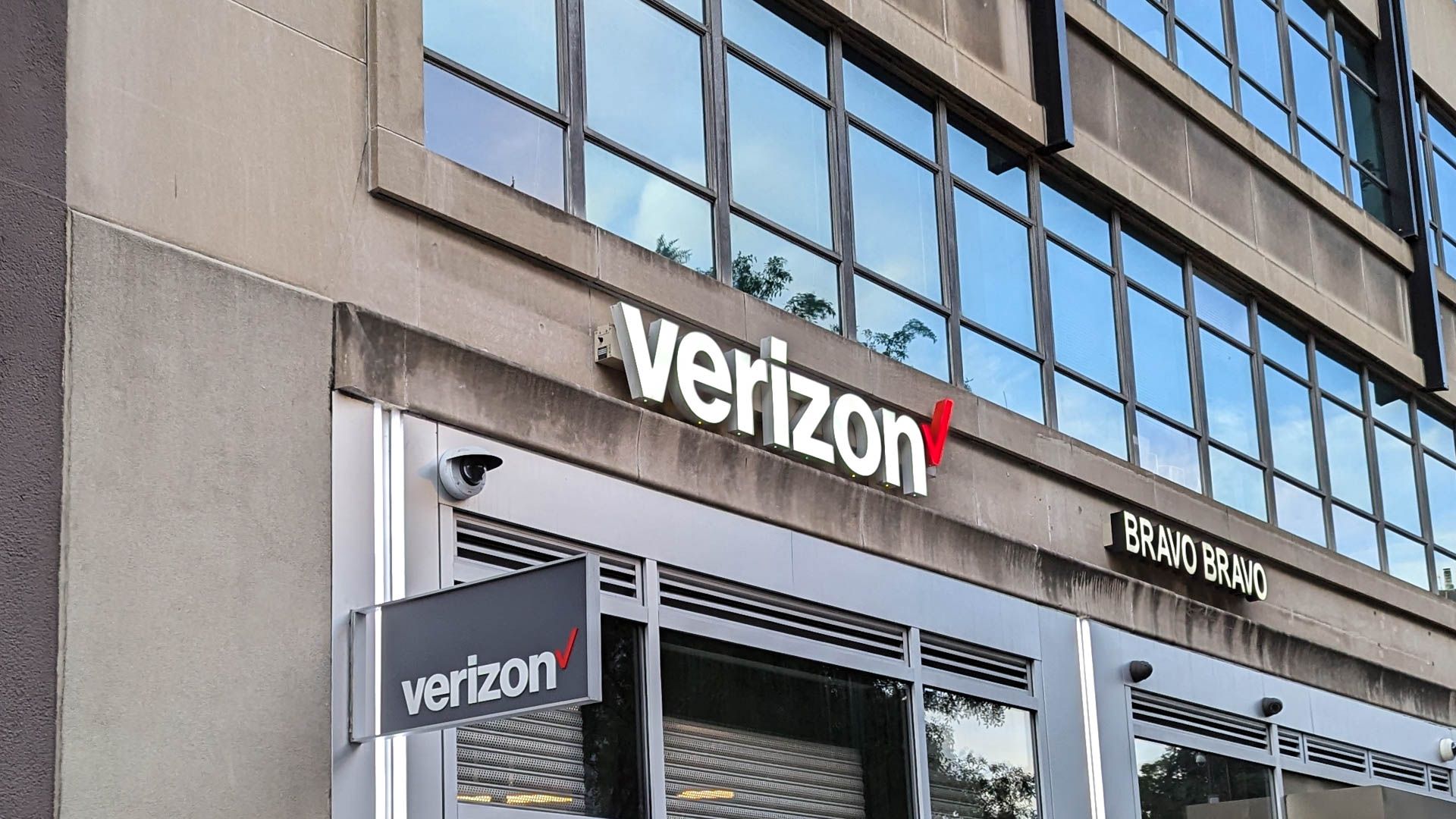Verizon, in partnership with Skylo, is bringing satellite-based emergency messaging and location sharing to its subscribers from this fall. Next year, Verizon will expand this service to include satellite-based texting to help you stay connected when you’re out of cellular reach.
Skylo is handling the mobile satellite end of the service. It’s a Non-Terrestrial Network provider that’ll use existing geostationary satellites in orbit to deliver “direct-to-device messaging service for Verizon customers.” The company hadn’t partnered with a mobile carrier until now.
The service will allow select phones on the Verizon network to establish a direct link with satellites in orbit when terrestrial cellular networks aren’t available. “Skylo utilizes dedicated, licensed mobile satellite spectrum for connectivity which avoids network interference with terrestrial signals and ensures ubiquitous coverage for customers in rural or rugged areas when low population density, technical challenges, and economic viability make building a cellular network infeasible,” Verizon explained further. Technically, it should extend Verizon’s coverage to 100% in the US.
Verizon wants to take space-based communication beyond just emergency services (something Apple already introduced with the iPhone 14’s SOS feature). According to The Register, people with the upcoming Samsung Galaxy S25 or a Pixel 9 series phone will be able to text anyone, anywhere using space-based networks. The price plan they’re on won’t affect this availability since it’s free.
In the future, this service can potentially extend to enterprise users who need uninterrupted satellite connectivity for their IoT devices. It should work even in the middle of the ocean. “For example, in agriculture, satellite IoT can be used to monitor cattle movements, crops, soil quality, and meteorological conditions in remote areas where terrestrial connectivity is not typically needed,” Verizon hopes.
Verizon has already tested this functionality with an IoT device, which was able to make a connection with Verizon’s cellular and Skylo’s satellite network. AT&T has been working on a similar feature, working with AST SpaceMobile.
Source: The Register and Verizon





